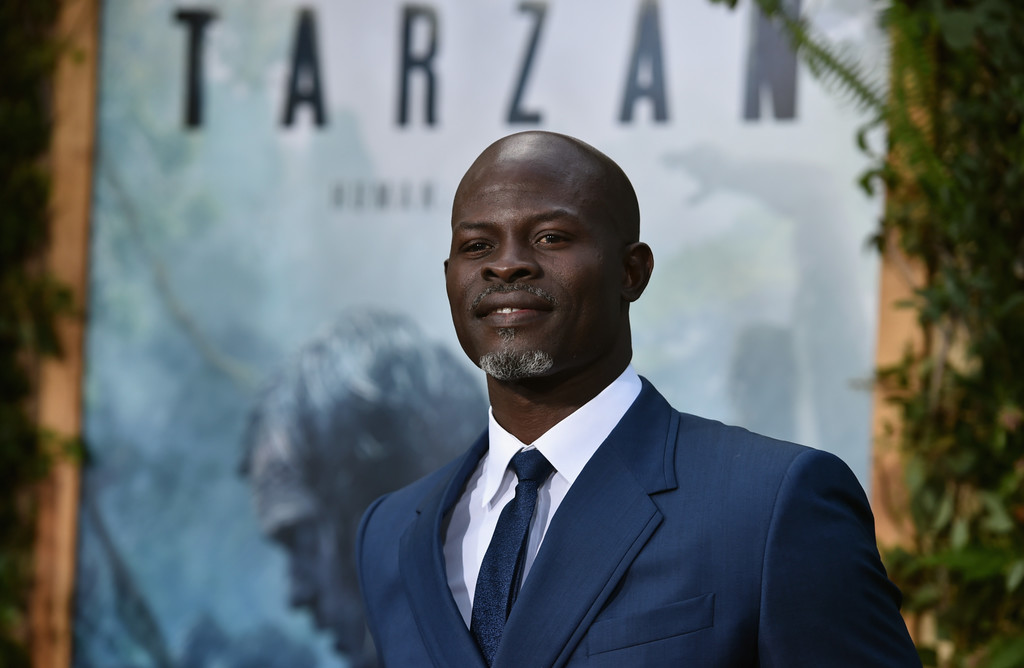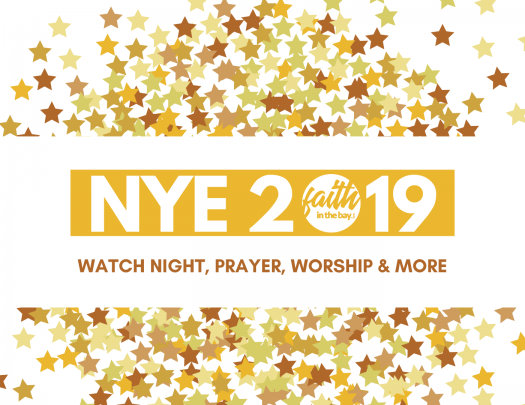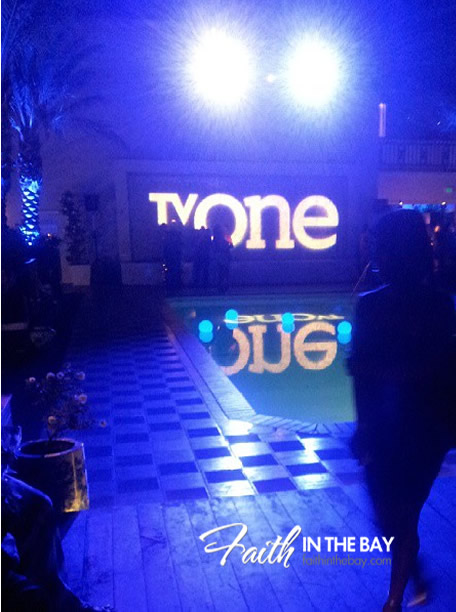The continent of Africa is a transcendent land. As magnificent as its topography, is its legendary fables—some steeped in fact, some in fiction. So is the case of Tarzan–the transfigurative jungle hero whose ability to run with lions, tigers and bears is equaled only by a ferocious love for fair maiden, Jane. His beast mode is arrested in her presence. The latest storied installation of the iconic figure proffers a glimpse into the making of the jungle-laden hero, in theaters July 1, released by Warner Bros Pictures and Village Roadshow. The PG-13 film is likely to cause bursts of exhilaration from all fans, worldwide.
Now let’s get down to the skinny—this TARZAN movie is an eye full! From rope-swinging gorillas to gun-toting assassins, lush forest scenery to a butt-kicking female, it is quite enjoyable. See it once for the legend; see it twice just for fun.
Synopsis:
Tarzan (Alexander Skarsgärd – HBO’s True Blood) left the jungle years ago. Established in his new life as John Clayton, Lord Greystoke, a birthright bestowed upon him by his father who was savagely pounded to death by a pack of wild creatures, Tarzan was raised in the wild by gorillas. Then he met a young, adventurous Jane (Margot Robbie – The Big Short, Focus) and their curious infatuation grew into a deep-abiding affection. Now married, living prominently in England, John aka Tarzan and Jane enjoy a well-bred, wealthy lineage. Life changes when Tarzan is summoned back to Africa under the ruse of a diamond-seeking charlatan and his merciless band of slave runners.
Reluctant to go back, George Washington Williams (Samuel Jackson – Coach Carter, Pulp Fiction) makes an irrefutable case for his return—illegal slavery. John relents and agrees. With a devoted Jane by his side, who too, spent formative years in Africa, she longs to see friends back on the continent since leaving some eight years previously.
Once pleasantries and reunion festivities have ended, their beloved Africa turns into a nightmare of epic proportion—Jane is kidnapped by slave runners. Her man is duty bound to rescue Jane from their heinous clutches. Back in Tarzan mode, his arch nemesis, Chief Mbonga (Two-time Oscar nominee Djimon Hounsou – Amistad, Gladiator, In America, Baggage Claim) also has a bounty on his head. He wants revenge. Tarzan murdered Chief Mbonga’s only son. This thrill ride through the jungle offers just enough of an anecdote to balance the plot and engage the adventure.

Djimon Hounsou as Chief Mbonga (Warner Bros. Pictures)
I sat with Djimon Hounsou in Los Angeles to discuss his film role in Tarzan and an even larger role; that as father to son, Kenzo, now seven years old.
Sandra Varner/Talk2SV: Your character, Chief Mbonga, hasn’t been in a good mood for a very long time. How does Djimon (jie-mon) handle a bad day?
Hounsou: Why complain? It does no good and, besides that, nobody cares. It’s better to project positive-ness. When you do, you champion yourself into being a better person.
Talk2SV: Your character is a woeful man; his son was killed by Tarzan. On a lighter note, what is your perspective on fatherhood?
Hounsou: A think a lot of father’s have a sense of protection when it comes to their children. I think it’s a feeling of, ‘I’ll die for you and go to the end of the world for you.’
Talk2SV: We’ve sat across from each other numerous times to discuss film roles; as I prepared for this conversation, I had several flashbacks from the first time we spoke. It was back in 1997, for your celebrated role in Amistad as Cinque, an African slave. Back then, you were known in fashion modeling circles (discovered by French designer Thierry Mugler) but, quite new to Hollywood. Today, you’ve ascended to the ranks of a global film star. Do you readily embrace that distinction?
Hounsou: Yes, I think I’m comfortable with that distinction and live up to that role. When I first came to America, I was reborn in many ways: socially, my mannerisms and so forth…it was a lot. Back then, part of the reason was that I was learning a new language and I felt like a baby trying to articulate it. As my ability to speak the language matured, I completely shut down all I knew from speaking French. I learned to speak English by watching others. Slowly, I got a job and kept studying the language even though I was green to the business of acting and green to the way of life in America.
Talk2SV: Much has happened in between…you loom large on a Hollywood screen, your presence, undeniable.
Hounsou: The struggle that came from coming to this country had to do so much with spiritual cleansing. I felt like I was lost. Somewhat like the Tarzan character in this movie, I too, had to lose what I knew to learn what I didn’t know. It was very challenging. At the time, it felt like I wasn’t accepted but, that was the nature of the beast. Many times I felt like a babe in the woods; again, we see that in this movie with Tarzan. But I learned to adapt to every situation that would present itself.
Talk2SV: This film illuminates the ongoing challenge of war, be it man versus man, man versus animal. What is your observation?
Hounsou: I think it’s beautiful that you saw that aspect in this film. Man’s relationship to man, to the universe, to the animal planet varies. I like to offer the statement, ‘You should not be ashamed to die until you’ve made a significant contribution to the planet.’ In some parts of the world, humans are savage toward animals and toward other humans. There is also the very sacred relationship that humans have with other humans and with animals. There is so much contradiction in the world but you always have to look at it as the ability to rise above the clouds–the sun shines above the clouds–even with all the devastation in the world.
Talk2SV: As a culture we indulge in hero worship. In your view, should it exist, is it overblown?
Hounsou: I think hero worship should exist and I think it is overblown in western culture. However, that can be okay because much needs to be done. We, as black folks, especially need heroes.
See the Legend of Tarzan, Friday July 1st





1 Comment
DJIMON HOUNSOU TAKES SON KENZO LEE HOUNSOU TO HIS HOME COUNTRY
July 27, 2018 at 6:28 am[…] Djimon Hounsou was born and raised in Benin. The actor came to America as an adult to work in the fashion industry before landing his leading role in Amistad that changed everything. Djimon shared his experience of adapting to the American way during a 2016 interview with Faith In The Bay. […]